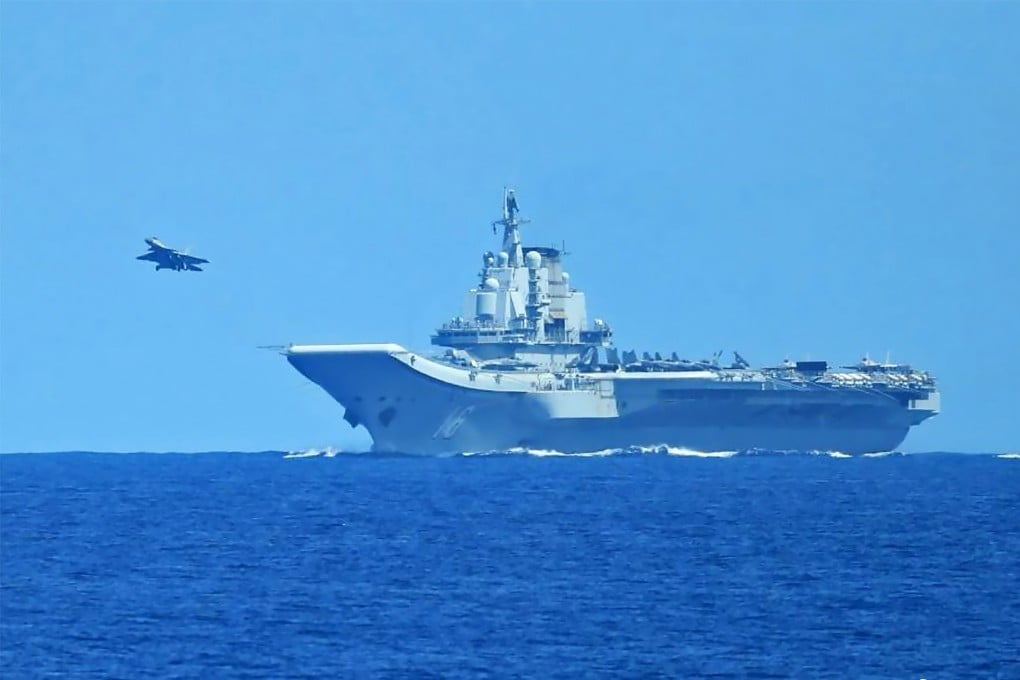China’s military deploys English skills during tense maritime encounters
- New generation of naval officers aboard PLA’s first aircraft carrier more confident in using the foreign language to warn off planes and vessels, commander says
- Previously, Chinese captains rarely spoke when faced with American ships because of language barrier and lack of experience, according to naval officer

The CUES unit is named after the Code for Unplanned Encounters at Sea, a non-binding agreement signed in 2014 by more than 20 countries, including China, to prevent misunderstanding between militaries at sea by standardising how officers communicate.
CUES standards also set out safe speeds and distances to prevent collisions, making the actions of other militaries more predictable.
“This shows the intelligence and might of a big country’s navy,” Lu said. “A new generation of navy officers is making its debut to the whole world with a more professional, confident, open and international image.”
Military ships and planes warn foreign counterparts they believe to be travelling too closely or acting in a way that could violate sovereignty or enter their country’s military warning area.